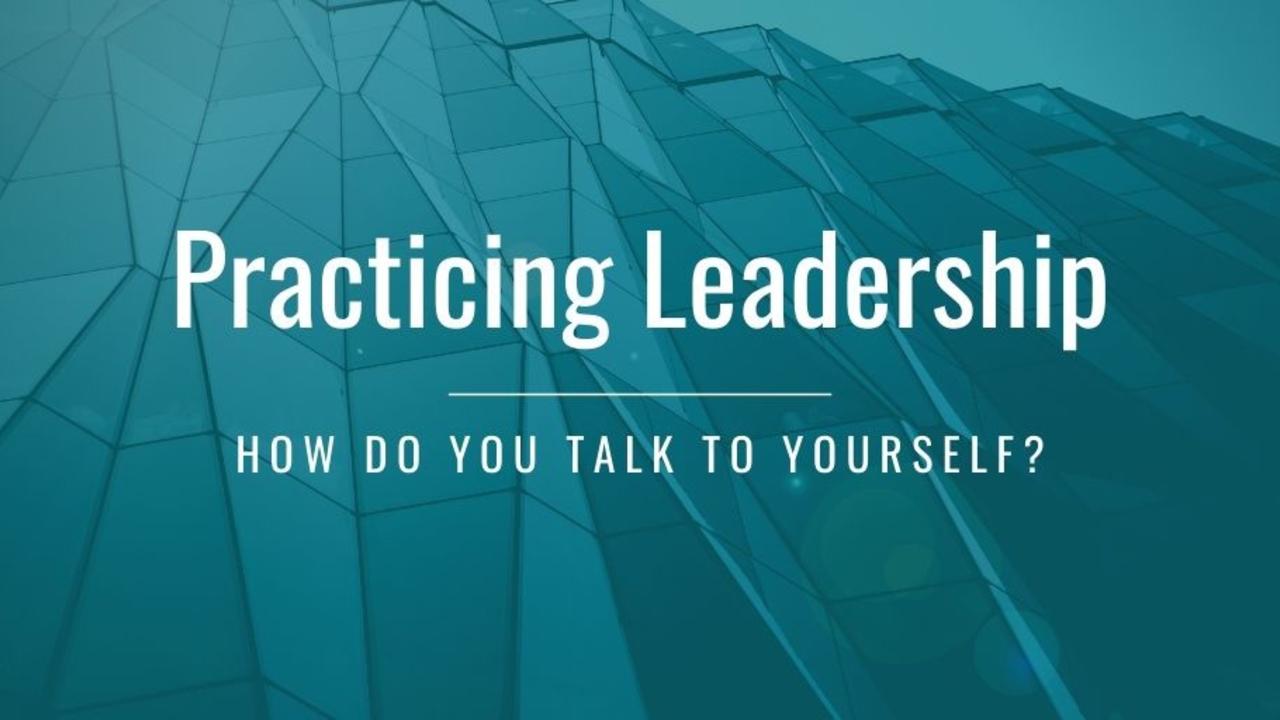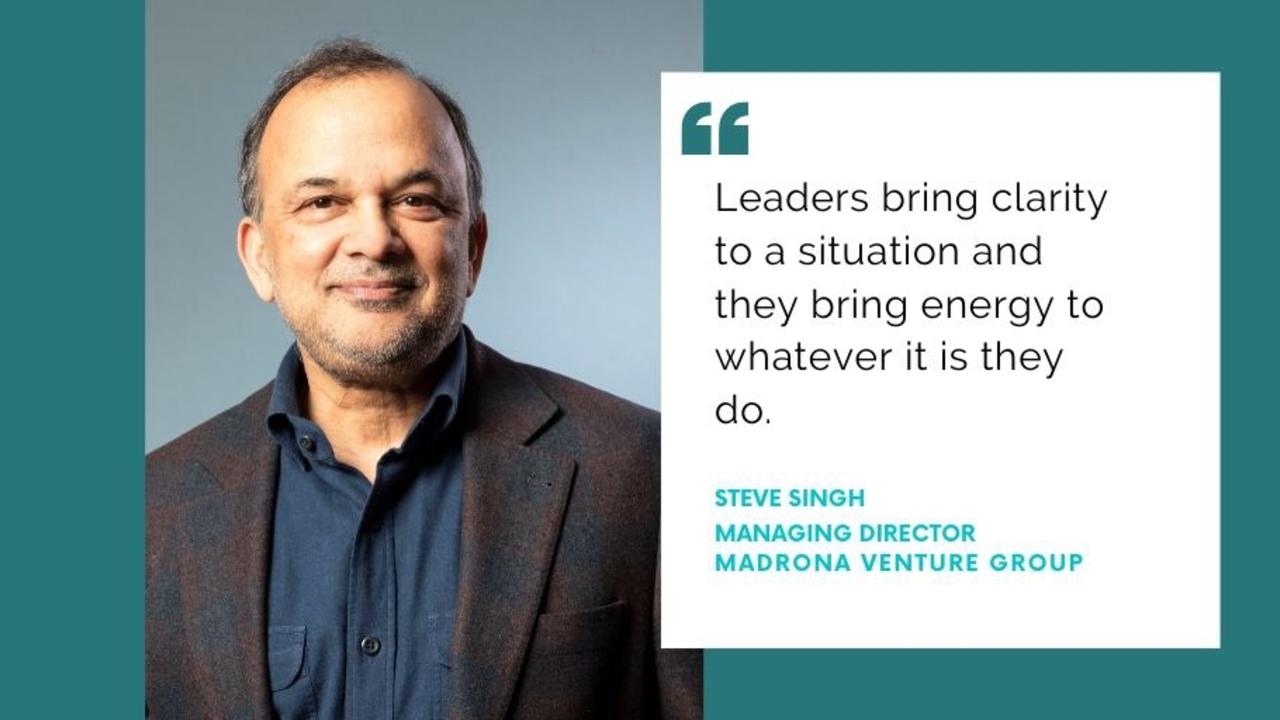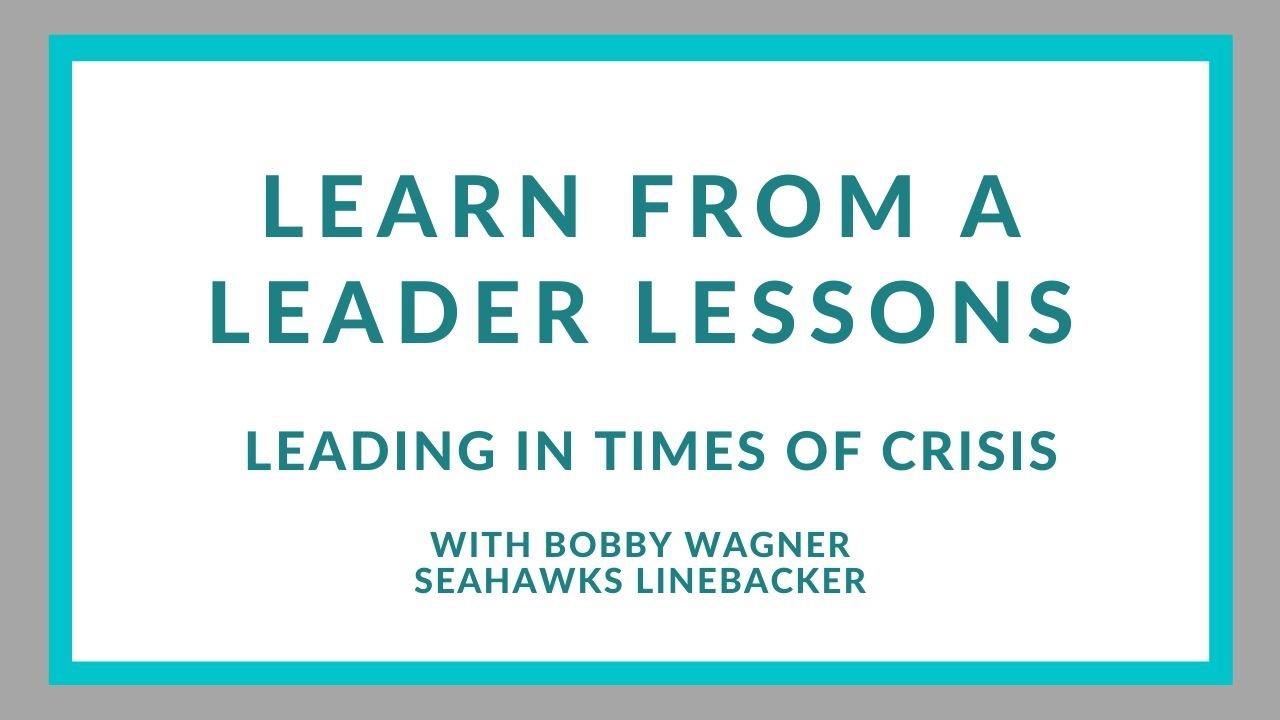I'M ONE TO TALK
Our Blog Posts will help you reach your full potential in becoming a confident conversationalist. New topics each week.
Practicing Leadership: Update Now?

Update Now?
My Ten Percent Happier meditation app asked that question every day for a week. Each day I clicked “Next time” because it just seemed like a hassle, like something that would take too much time, like something I didn’t want to deal with.
When I finally chose “Update Now?” it took less than 60 seconds and the app functioned better.
It got me thinking about other “Update now?” scenarios I have intentionally chosen to deal with “Next time.” My attitude is at the top of that list. There are also a few beliefs around work, my value and self-worth that need to be updated.
As leaders you probably don’t have the bandwidth to choose “Update now” for every situation, problem or challenge, but you also can’t select “Next time” every time and expect to maintain team morale, productivity or make a difference as a leader.
Pick one thing you can choose to “Update Now” and give yourself 15 minutes to work on it.
Sports. Communication. Leadership.
You've probably noticed I talk about more than sports. There's a reason for that.
As I mention in the video, there's a correlation between sports, communication skills and leadership.
If you're not using sports fandom or sports experience to improve your communication skills or further develop your leadership abilities you're missing out.
Talk Sporty to Me is not about game outcomes it's about the outcomes you create when you can connect with others, build relationships and lead others.
Check out some of the blog posts and sign up for monthly or weekly emails. Send me an email: [email protected] if you're ready to provide your team effective communication training with a whole new twist.
Learn from a Leader: Making and Changing Your Decisions
Everything is subject to change, including your decisions.
Don't talk yourself out of making a decision because you're afraid it's going to change.
It probably will. Leaders change decisions based on new data and new situations. Here's what they don't do - change the process they use to make their decisions.
Steve Singh, Managing Director at Madrona Venture Group, explains how leaders should approach the decision making process in times of uncertainty and crisis.
Learn from a Leader: Chaotic Decision-making
Choosing not to make a decision is still a decision.
Even if you made that decision because you were waiting for more information to make the "real" decision.
Waiting for more information isn't always the best course of action, especially when dealing with the uncertainty caused by a pandemic. The best leaders take action and create options and flexibility. That's as true now as it was when the pandemic started.
I think it's great advice, but I'm a little biased since it comes from my dad. He knows what he's talking about a number of years in the C-suite.
Practicing Leadership: How do you Talk to Yourself?

“Are you talking to yourself again?”
I’ve lost track of the number of times my husband has asked that question during quarantine.
It’s something I do when problem-solving or trying to remember something. I usually ignore him because there’s no pretending I’m not carrying on a full-blown conversation with myself.
But there is something I won’t ignore anymore the use of certain phrases that should be canned from how we describe what’s happening right now – unprecedented and new normal.
My background as a TV producer leads to me believe emails have been sent from executive producers to writers and producers across the country telling them not to use those words or phrases. (That happens occasionally when words get overused and lose their meaning or aren’t providing an actual description of anything.)
Let’s be honest, by this point we recognize we have all experienced something unexpected that will reshape the way we do business moving forward. The more we talk about unprecedented tim...
Learn from a Leader: High School Student Athletes on Leadership in Uncertainty
Outcomes determine winners.
In sports, it's the final score or the fastest time that indicates a win. But what happens in the absence of outcomes, during a time of uncertainty?
Winning looks different.
For high school seniors unable to finish out their sports careers, winning can't be defined by games, races or matches. "Winning" becomes about their leadership skills in a time of uncertainty, their willingness to continue showing up for teammates and their ability to show gratitude for coaches, teachers and parents.
I recently spoke to a group of high school seniors from Bellevue Christian School to learn how they've been affected by COVID-19 and how it's helped them develop leadership skills.
Each one talked about the sports lesson they've leaned into during a time of uncertainty and serves as reminder that sports is more than outcomes. It's an opportunity to lead and provides a blueprint for overcoming challenges and challenging times.
Key Takeaway - Use your sports exp...
Learn from a Leader: Steve Singh on creating All In Seattle

A quick scan of Steve Singh’s biography tells you all you really need to know about the Managing Director at Madrona Venture Group. It’s not his experience or expertise that jumps out. It’s this phrase: “the only legacy we leave behind is positively changing the trajectory of life for others.”
Here’s what else you need to know about Singh, he’s a driving force behind All In Seattle, a coalition of concerned Seattleites and community members who banded together to help neighbors through the COVID-19 crisis. The initiative ties into his personal belief around impacting the lives of others.
“No matter how amazing any one human being may be, we can only move the needle a little bit,” Singh told me during a recent conversation. “So, the legacy that we get behind is ensuring that everyone gets a chance to move the needle.”
As Singh says in the video below, “leaders can be anybody."
All In Seattle partners with charities who can offer immediate assistance with critical issues like food...
Learn from a Leader: Leading in Times of Crisis

What happens if you don't have any answers as a leader?
What happens if there's no playbook that outlines the next right steps?
What do you if you find yourself leading during a crisis?
Many leaders are grappling with those questions right now as they deal with the uncertainty around the coronavirus pandemic. Everything seems to be uncertain. Everyone seems to be making best-guess decisions while filtering through the latest information.
When crisis strikes, leaders lead. It doesn't matter if there's a playbook or if they have the answers. The best thing they can do is understand their response helps shape the reaction of their team.
The response of a leader helps shape the reaction of their team.
It's a lesson Seahawks linebacker Bobby Wagner has learned during his career and one that applies for every leader in times of crisis and uncertainty.
Practicing Leadership: Communicating With Remote Teams + What Talk Sporty to Me Is Doing

“The greatest problem in communication is the illusion that it has been accomplished.” George Bernard Shaw
I couldn’t say it any better George.
I know exactly what he’s talking about. You probably do to. There’s also a good chance you’re starting to feel the strain or tension around communicating with remote teams – especially if this is a new dynamic for you or your team.
We get caught in a push-pull. Wanting to make sure we stay in communication leads to sending more emails, lengthier memos and scheduling more meetings. We start believing more words or more interactions lead to better communication. In reality it’s ensuring we are overwhelmed by emails and meeting requests and creating the illusion communication has been accomplished.
As businesses, managers and employees across the country adjust to a new work dynamic here are few things to keep in mind.
- Working remotely doesn’t change the fact the average attention span is between 8-12 seconds long.
- It also doesn’t ch ...
Storytelling in Leadership Starts with These Questions

Sports fans inherently know the importance of storytelling. Unless they’re the type who look at the score or the outcome… and nothing else. No highlights. No recaps. No interviews. No social media. No conversations with other fans.
And let’s face, that’s not the way fans consume information.
It’s also not the way you or your colleagues consume information. Even data driven people with a thirst for stats know there’s a story behind the numbers that influences or affects decisions.
Storytelling is hugely important for conveying messages, providing context and influencing people – things all leaders should do.
But there’s a catch.
Storytelling is subjective.
A good story isn’t universal. What resonates with one person might not land with another.
Yet it’s universally accepted the most influential and effective leaders are great storytellers. It’s a requirement that seemingly comes with a moving target unless you start with the same set of questions I use in the locker room. The guy...


